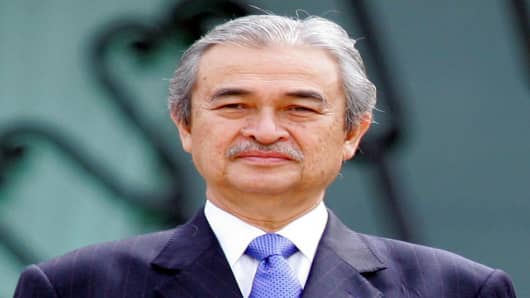Opposition parties were getting ready to take power in five of Malaysia's 13 states on Tuesday, putting the country in uncharted waters with the government facing real competition for the first time.
A government led by the Democratic Action Party (DAP), backed mainly be the ethnic Chinese minority, was sworn into office on Tuesday in the industrial hub state of Penang in a quiet ceremony witnessed by sombre-looking civil servants who have only ever worked for the long-ruling National Front coalition.
The strongly Islamist Parti Islam se-Malaysia (PAS) will lead or share power in four states, including three -- Kedah, Perak and Kelantan -- that share borders with Thailand, which has been battling an Islamic insurgency with historical links to Malaysia.
PAS and the DAP have vowed to review federal projects on the drawing board in their areas, but said would not stand in the way of projects that were already approved and were beneficial to the people, and have warned they would not tolerate cronyism.
Malaysia's politics of patronage, whereby state contracts are given to businesses aligned with ruling-party interests, has nurtured a powerful political-business establishment whereby contracts are often awarded without open, competitive tenders.
The Edge Financial Daily said in an editorial on Tuesday that was a major factor in Saturday's election, which handed the ruling National Front its worst electoral setback in history.
"Indeed, one can say that one reason why the people voted so strongly for the opposition in the elections is to send a message that they have had enough of political cronyism and awards of contracts and deals to politically connected companies.
Dead Cat Bounce
The prospect that this nexus could be cut, and the possibility of policy gridlock now that the National Front has lost its iron-clad two-thirds majority in parliament and faces strong opposition in heartland states, has spooked the markets.


